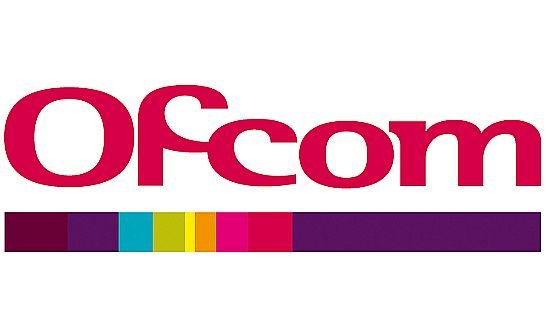The RSGB has Published New Forms for Exam Question Queries
/As part of its modernisation of the exam systems, the RSGB has introduced online forms for reporting possible errors found in exam questions. These forms replace the current procedure of writing to the Exam Department. RSGB Examinations Standards Chair Tony Kent, G8PBH explained that there are two forms.
The first can only be submitted by exam candidates and is to formally challenge questions in actual exams, where the outcome of a challenge may affect a candidate’s result. The second form can be submitted by anyone, and is for informal queries of published exam questions, for example in mock exams. A separate form is needed for each question that you challenge.
For more information and to find the forms, http://www.rsgb.org/exam-challenges





